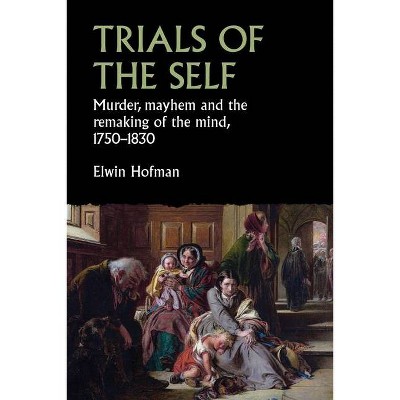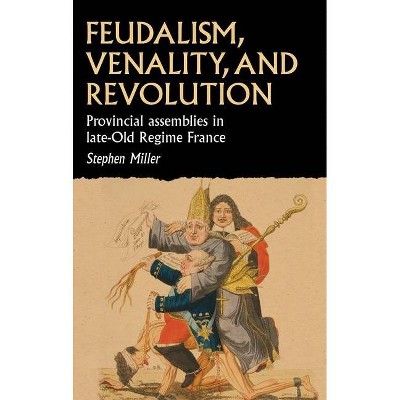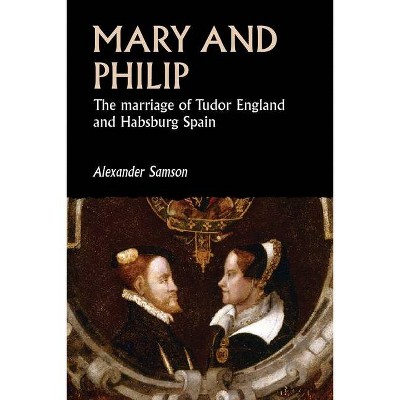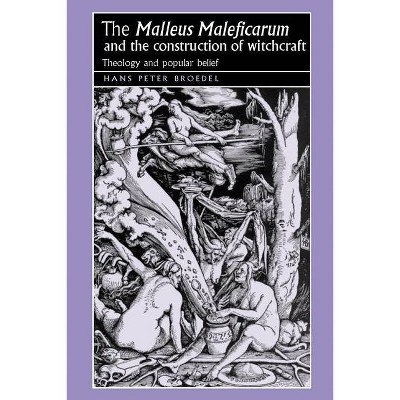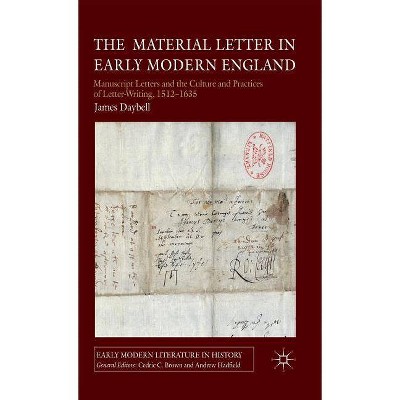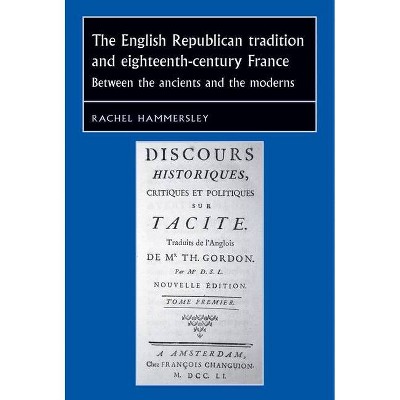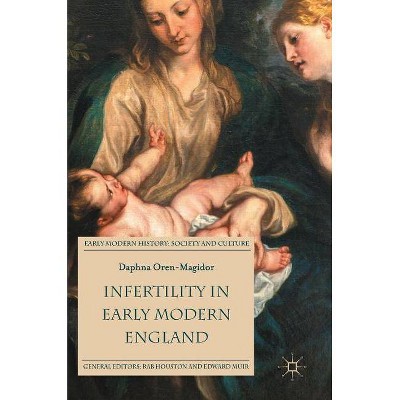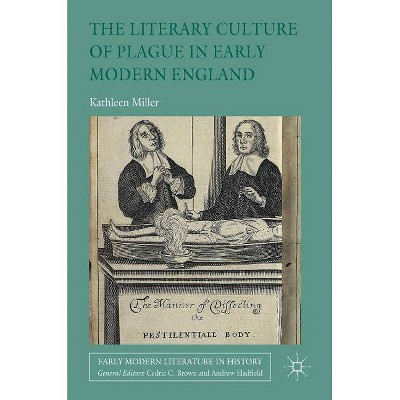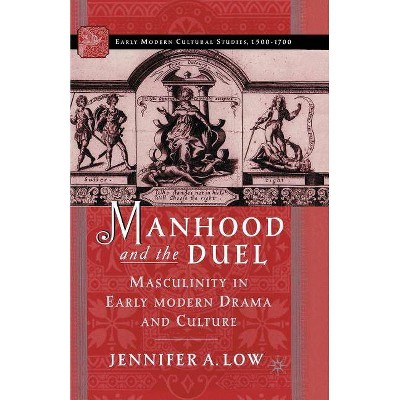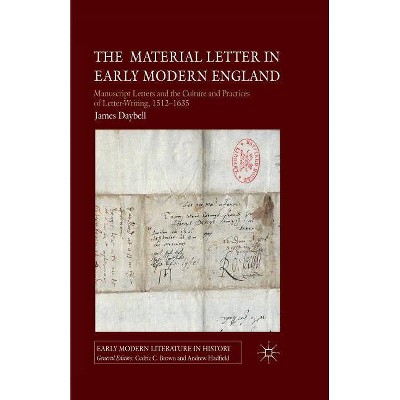Early Modern War Narratives and the Revolt in the Low Countries - (Studies in Early Modern European History) (Hardcover)
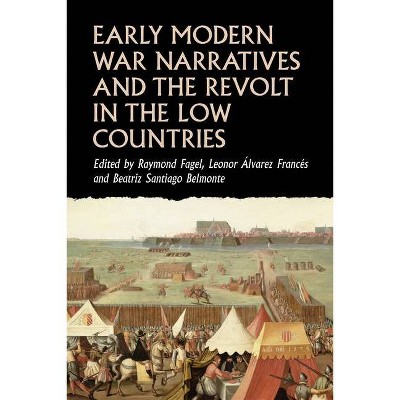
Similar Products
Products of same category from the store
AllProduct info
<p/><br></br><p><b> About the Book </b></p></br></br>The Revolt in the Low Countries is one of the major conflicts of early modern Europe. Though it is mostly seen as a war between the Dutch and the Spanish, in reality it was a complex civil war with international involvement. This book returns to the original war narratives of the period, re-establishing the multi-faceted character of the conflict.<p/><br></br><p><b> Book Synopsis </b></p></br></br><p>By the end of the sixteenth century, stories about the Revolt in the Low Countries (<em>c. </em>1567-1648) had begun to spread throughout Europe. These stories had very different authors with very different intentions. Over time the plethora of sources and interpretations faded away, leaving us with opposing canonical narratives. The Dutch and Spanish national myths were forged on the basis of two visions of the conflict: as a liberation war against cruel Spanish oppressors and as a glorious episode in the history of the Spanish Empire. This volume delves into the early, seemingly anecdotal stories of the war to map the great variety and interconnection of the narratives. It asks such questions as how did the Jesuits write about the Revolt, what can we find in Italian chronicles and how did the war look from the perspective of a local nobleman or a Spanish commander?</p><p/><br></br><p><b> From the Back Cover </b></p></br></br>By the end of the sixteenth century, stories about the Revolt in the Low Countries (<i>c</i>. 1567-1648) had begun to spread throughout Europe. These stories had different authors with very different intentions, but over time the plethora of sources and interpretations faded away, leaving us with opposing canonical narratives: a liberation war against cruel Spanish oppressors and a glorious episode in the history of the Spanish Empire. This volume delves into the early stories of the war, mapping their variety and the complicated ways in which they interconnect. It revolves around the concept of episodic narratives, factual texts about the event and its protagonists that can seem at first sight anecdotal, but actually constitute the building blocks of history. Contributors ask such questions as how did the Jesuits write about the Revolt, what can we find in Italian chronicles and how did the war look from the perspective of a local nobleman or a Spanish commander. This novel approach makes the book a thought-provoking read for researchers working on the Revolt in the Low Countries, as well as those seeking to understand the dynamics of early modern narratives. Featuring contributions by an international group of scholars, from established names such as Gregory Hanlon and M. J. Rodriguez-Salgado to emerging voices, <i>Early modern war narratives</i> draws on a wide array of sources in different languages to provide new perspectives on a familiar event. It will be essential reading for students and scholars of early modern Europe.<p/><br></br><p><b> About the Author </b></p></br></br>Raymond Fagel is Lecturer in Early Modern History at Leiden University Leonor Álvarez Francés is a PhD Researcher at Leiden University Beatriz Santiago Belmontea is a PhD Researcher at Leiden University
Price History
Price Archive shows prices from various stores, lets you see history and find the cheapest. There is no actual sale on the website. For all support, inquiry and suggestion messages communication@pricearchive.us
